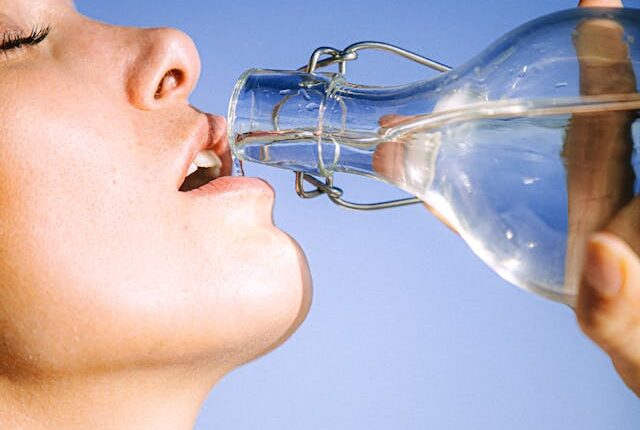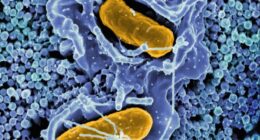Staying hydrated is essential for maintaining good health. Water is vital for various bodily functions, including temperature regulation, joint lubrication, and waste removal. Despite its importance, many people don’t drink enough water daily. This blog will help you understand how to tell if you’re not drinking enough water and the consequences of dehydration.
The Importance of Hydration
Before diving into the signs of dehydration, it’s crucial to understand why staying hydrated is essential. Water is about 60% of the human body and is involved in almost every physiological process. Proper hydration helps with:
- Maintaining body temperature
- Supporting digestion
- Transporting nutrients and oxygen to cells
- Flushing out waste products
- Protecting tissues and joints
Signs You’re Not Drinking Enough Water
- Persistent Thirst
One of the most obvious signs of dehydration is a constant feeling of thirst. Thirst is your body’s way of signalling that it needs more water. If you’re always thirsty, it indicates that you need to increase your water intake.
- Dark Yellow Urine
The colour of your urine is a good indicator of your hydration level. Pale yellow or clear urine typically means you’re well-hydrated. Dark yellow or amber-coloured urine suggests that you need to drink more water. In severe dehydration, urine may appear orange or dark brown.
- Dry Mouth and Skin
When dehydrated, your body prioritizes vital organs, reducing moisture levels in less critical areas like your mouth and skin. If you have a dry mouth or cracked lips and notice your skin is dry, flaky, or less elastic, it may be due to insufficient water intake.
- Fatigue and Dizziness
Water is crucial for maintaining energy levels. Dehydration can lead to a drop in blood volume, making the heart work harder to pump blood and deliver oxygen to your cells. This can cause fatigue, dizziness, and light-headedness, particularly after physical activity.
- Headaches
Dehydration can cause headaches and even migraines. The brain is susceptible to changes in water balance, and dehydration can lead to reduced brain function and pain. If you frequently experience headaches, try increasing your water intake to see if it helps alleviate the symptoms.
- Muscle Cramps
Water helps regulate electrolyte balance in the body. When you’re dehydrated, the balance of minerals like sodium and potassium can be disrupted, leading to muscle cramps and spasms. Staying hydrated can help maintain proper muscle function and prevent cramps.
- Constipation
Water is essential for digestion and helps keep stools soft and easy to pass. When you’re not drinking enough water, your body absorbs more water from the waste in your intestines, leading to hard, dry stools and constipation. If you’re experiencing constipation, increasing your water intake can often help.
- Bad Breath
Saliva helps keep your mouth clean by flushing away food particles and bacteria. When you’re dehydrated, saliva production decreases, leading to an increase in bacteria and bad breath. If you notice persistent bad breath, it could indicate that you need to drink more water.
Tips to Stay Hydrated
To ensure you’re hydrated or instead drinking enough water, here are some following tips:
- Carry a water bottle: To remind yourself to drink water, carry a reusable water bottle with you throughout the day.
- Set reminders: Use your phone or a hydration app to remind you to drink water regularly.
- Infuse your water: Add natural flavours like lemon, cucumber, or mint to make drinking water more enjoyable.
- Eat water-rich foods: Include fruits and vegetables with high water content, such as watermelon, cucumbers, and oranges, in your diet.
- Track your intake: Track how much water you drink daily to meet your hydration goals.
Conclusion
Recognizing the signs of dehydration is crucial for maintaining optimal health. Persistent thirst, dark urine, dry mouth, skin, fatigue, dizziness, headaches, muscle cramps, constipation, and bad breath indicate you might not drink enough water. Paying attention to these signs and adopting simple hydration habits can ensure your body gets the proper water to function. Prioritize hydration to support your overall health and well-being.
Staying adequately hydrated is a simple yet effective way to enhance your health. By understanding and addressing the signs of dehydration, you can take proactive steps to ensure you drink enough water daily.










